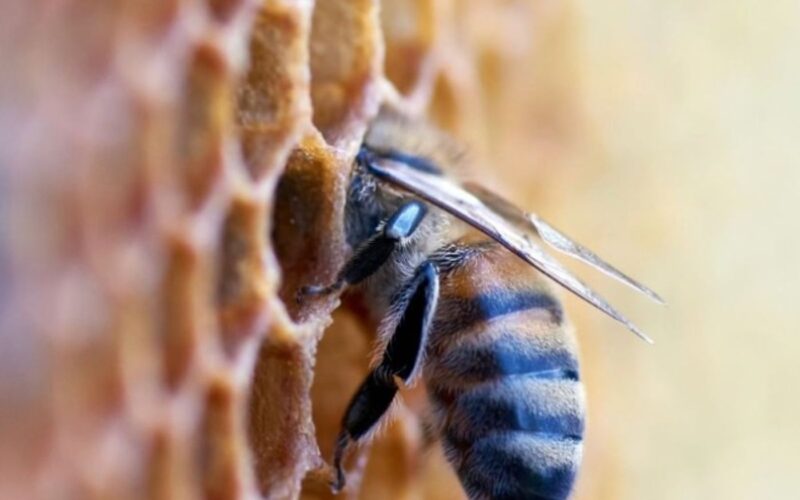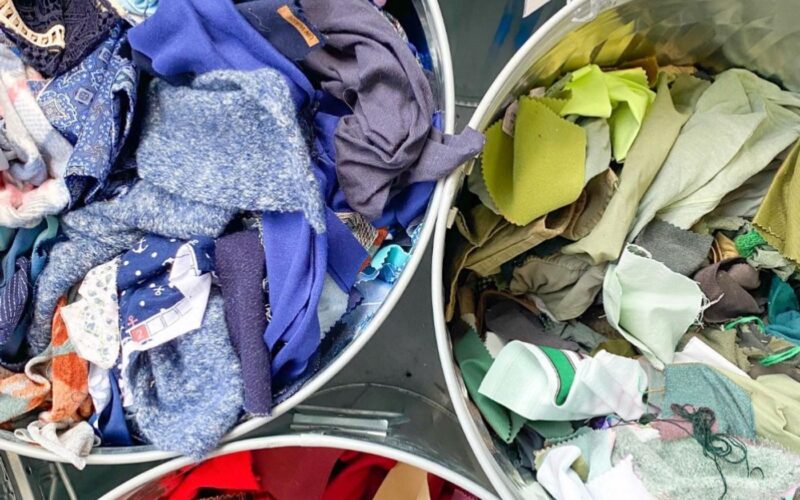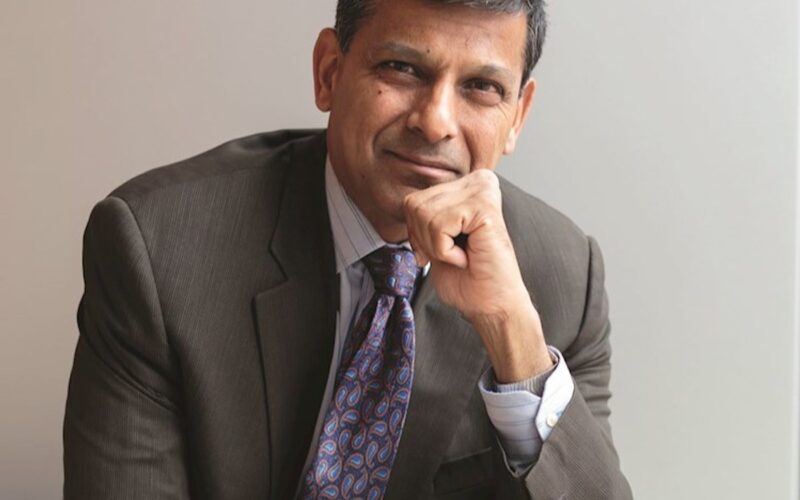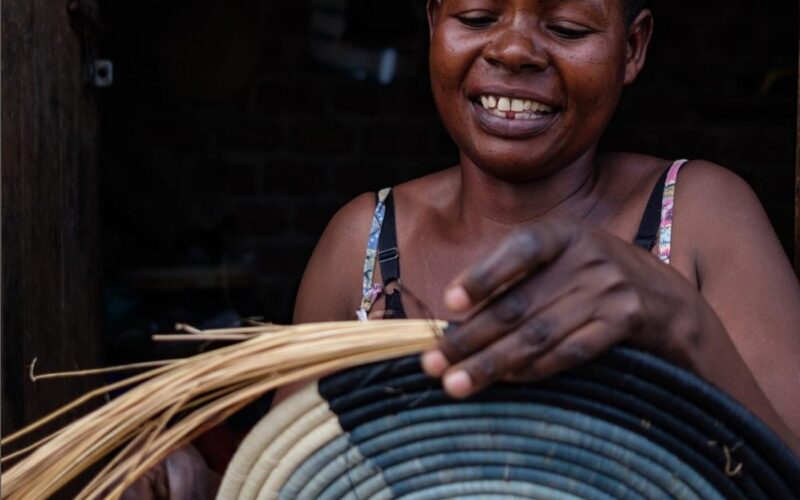The Nobel prize winning economist Dr. Milton Friedman, said the business of a business is making money – but within the acceptable social norms. Dr. Raghuram Rajan, Katherine Dusak Miller Distinguished Service Professor of Finance at Chicago Booth School and he was the 23rd Governor of the Reserve Bank of India, looks into how “social norms” have changed and how the businesses need to adapt to adopt sustainable practices. May it be their impact on the planet, how they treat their employees and or make their products. He talks about how there needs to be regulations to guide and help the corporations to achieve these goals.
Further, with countries setting goals for netzero, how can we actually have a plan that is accountable and works. Dr. Rajan proposes a global incentive scheme to reduce carbon emissions. On April 19th, 2022 he presented this solution to The Coalition of Finance Ministers for Climate Action that required countries who exceed the per capita global country average for carbon emissions, estimated at 5 tons, will pay to a global carbon incentive fund. He calls this payment Global Carbon Incentives (GCI). He further explains – “this annual payment would be calculated by multiplying the excess emissions per capita by the country’s population and a dollar amount called the Global Carbon Incentive. So if the country’s population is 30 million, its per capita emission in 17 tons, and the GCI is set at $10, it would pay $30 million*(17-5)*10= $3.6 billion. Countries below the global per capita average would receive a payout commensurate with their “under-emission”.
This fund could be managed by a quasi government agency like the World Bank. Mindful Businesses is one of the first media outlets to share Dr. Rajan’s solution. Listen to it in our latest episode.
https://en.wikipedia.org/wiki/Raghuram_Rajan
https://mindfulbusinessespodcast.com/
Mentions:
Coalition of Finance Ministers for Climate Action.
Angad Daryani – Founder – Praan
Ram Palaniappan – Founder of Earnin
#raghuramrajan, #globalcarbonincentive, #carbonemmissions, #greenhousegases, #SDGs
Read More










